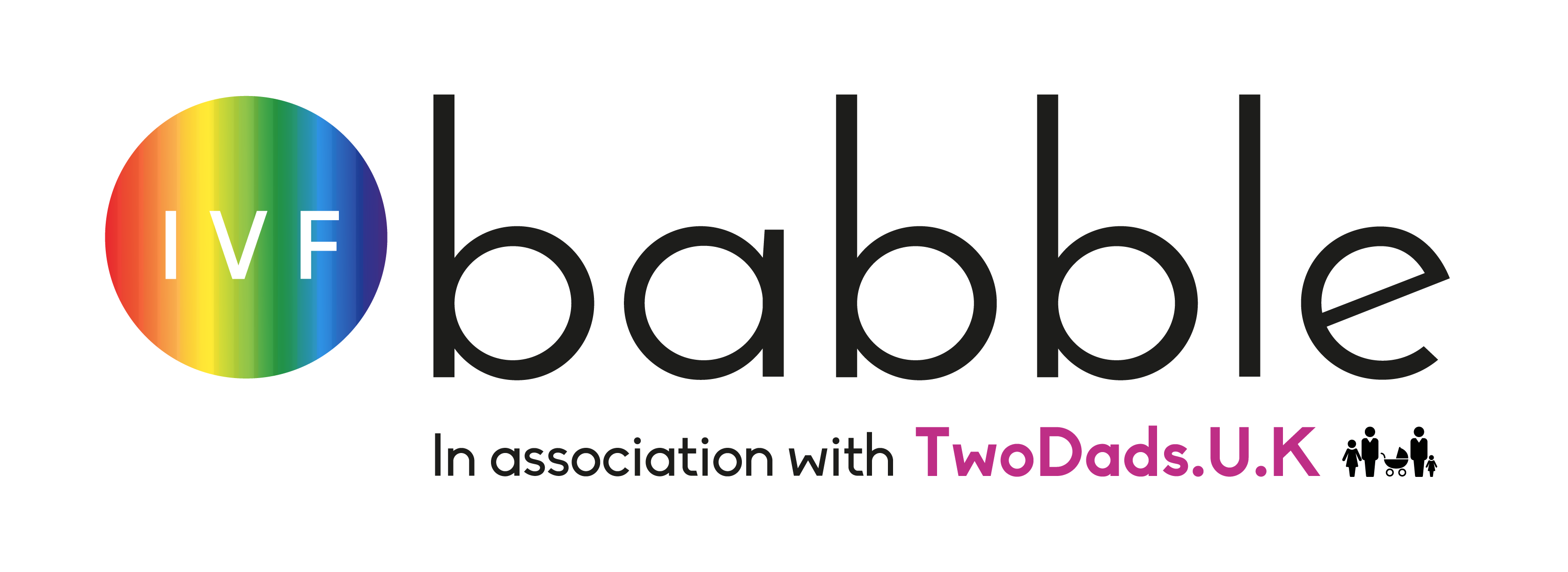This month our theme is on all things Polycystic Ovary Syndrome and we wanted to know more!
We asked Dr Anupa Nandi, the Lister Fertility Clinics’s consultant gynaecologist and sub-specialist in reproductive medicine and surgery, to tell us how PCOS can affect your fertility.
What is the difference between PCO and PCOS?
Having polycystic ovaries (PCO) via an ultrasound scan doesn’t mean you have polycystic ovarian syndrome (PCOS).
A polycystic ovary is just the description of how the ovary appears on the ultrasound scan. It certainly doesn’t have lots of cysts. That’s a misnomer. Polycystic ovaries have lots of follicles. Follicles are the egg bags, each of which contain an egg. In other words, women with polycystic ovaries have lots of eggs and considered as having high ovarian reserve.
Most women with polycystic ovaries have regular periods every month and they are ovulating. Most do not have any symptoms like excess hair growth on the face or chest or unusual hair loss or acne. So they do not have polycystic ovarian syndrome. They just have ovaries which look polycystic and their fertility is not compromised due to this.
On the other hand, some women with polycystic ovaries will have additional symptoms such as irregular periods or excess hair growth or excessive hair loss or acne. They are likely to have a hormonal imbalance, which is causing these symptoms and have polycystic ovarian syndrome. In some women the symptoms can be mild, while in others can be quite severe.
Having irregular periods means that you are not ovulating consistently and that might lead to difficulty in falling pregnant.
What hormonal changes cause PCOS?
The following two hormones are responsible for all symptoms of PCOS:
Testosterone: All women have the male hormone (testosterone) in a small amount, produced by the ovaries. In women with PCOS, this hormone is found in high amount and causes the excessive hair growth, acne and irregular periods.
Insulin: This is a hormone, which regulates your sugar level. In women with PCOS, your body may not respond to insulin (insulin resistance) and this can make the sugar level go up. To keep the sugar level down, your body will produce more insulin and this can cause all symptoms of PCOS.
How can I get pregnant if I have PCOS?
If you are having difficulty falling pregnant, see your GP to get investigated. Do not wait for one year if your periods are irregular or you are over 36 years of age.
Check your weight. Body fat makes the symptoms of PCOS worse. There is enough research to show that losing weight can normalise your hormonal status and regularise your periods. A regular period every 28 to 35 days indicates that you are ovulating and will improve your chances of getting pregnant. Try to achieve a healthy BMI of 20 to 25. However, even if you lose five to ten kilograms, you might see the difference.
You should consider eating a healthy balanced diet and doing 150 min per week of moderate intensity physical activity. If you are having difficulty in losing weight, check with your GP to get a referral to a dietician.
Inofolic is a dietary supplement for women with PCOS
This consists of myo-inositol and folic acid. There is some evidence to show that myo-inositol taken for 24 weeks can improve insulin resistance and reduce the male hormone (testosterone) and thus improve ovarian function in women with PCOS. They have a good safety profile.
However, due to lack of robust evidence they are not still included in the national guidelines and are considered as experimental
Apart from myo-inositol, metformin is a drug that also normalises the insulin resistance and has been used in women with PCOS, particularly in those who are overweight
Ovulation induction
If your tubes are open and your partner’s sperm are normal, then all you need is to ensure that you ovulate, to get pregnant. Thankfully, there are effective medications to induce ovulation in women with PCOS, like clomiphene or letrozole. However, these drugs should never be taken without ultrasound monitoring due to the growth risk of multiple follicles, which can lead to multiple pregnancies.
If these tablets don’t make you ovulate, then hormonal injections can be given, which are highly effective. However, they should be taken strictly under medical guidance and with regular ultrasound monitoring.
Laparoscopic ovarian drilling
In women who do not respond to tablets, laparoscopy and ovarian drilling can be offered instead of taking injections. Though the name sounds quite gruesome, it basically means doing a keyhole surgery (laparoscopy) and make tiny holes in the ovary (four to five in each ovary). For some unknown reason, it has been found to wake up the ovaries and make them ovulate on their own. An additional benefit is that, during the laparoscopy, the rest of the pelvis can be assessed to look for other factors like endometriosis. However, risks of general anaesthetic and surgical complications would need to be considered.
IVF
If all the above measures fail, then IVF can be done as the last resort. Women with PCOS have high ovarian reserve and they can produce large numbers of eggs during IVF and hence they generally do well. However, there is risk of ovarian hyper stimulation.
What is the risk to my pregnancy if I have PCOS?
Women with PCOS are at an increased risk of developing diabetes during pregnancy (gestational diabetes), hence the sugar level should be carefully monitored during pregnancy.








